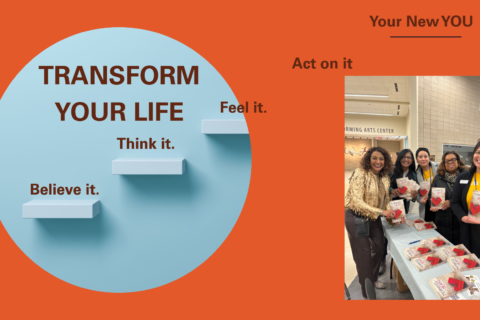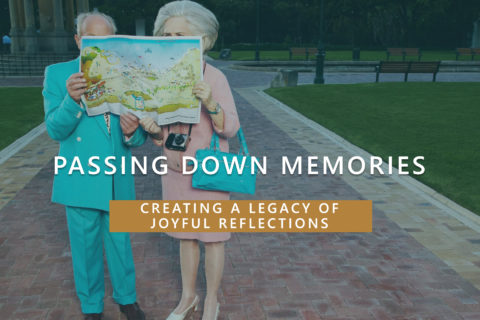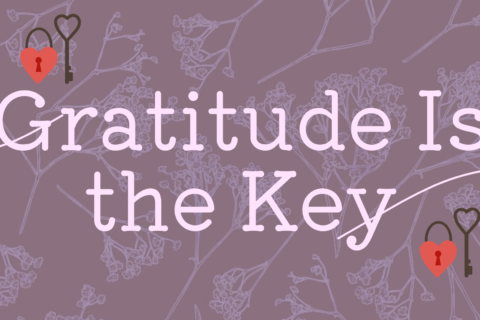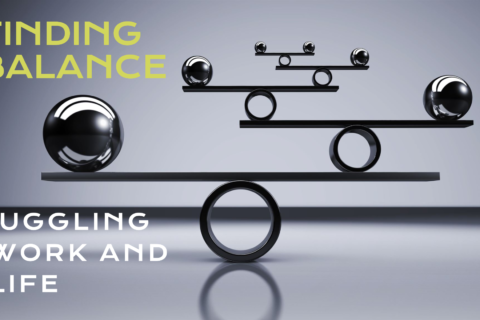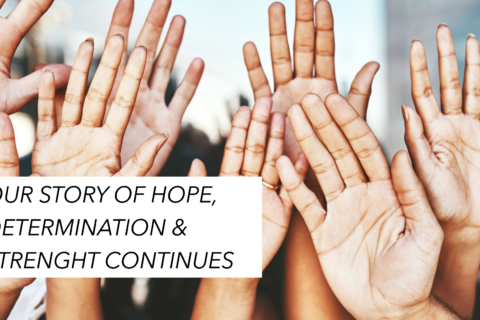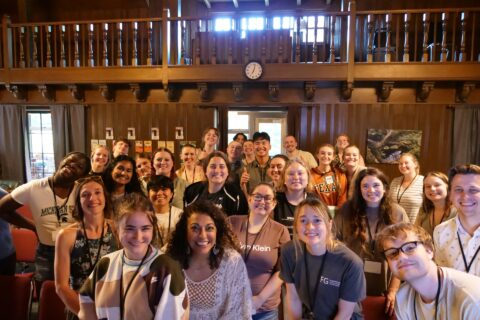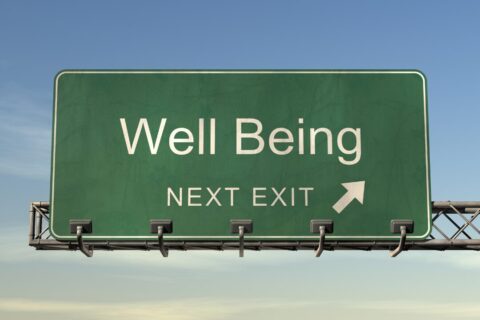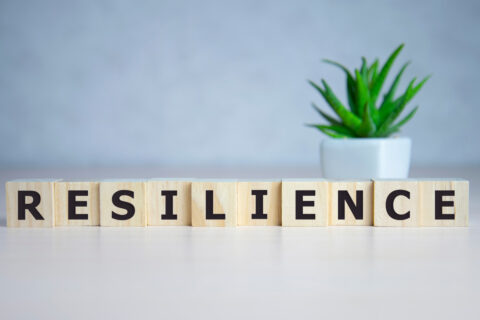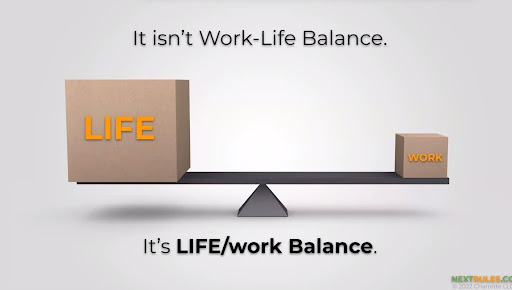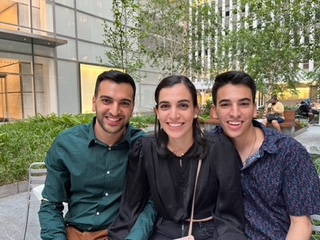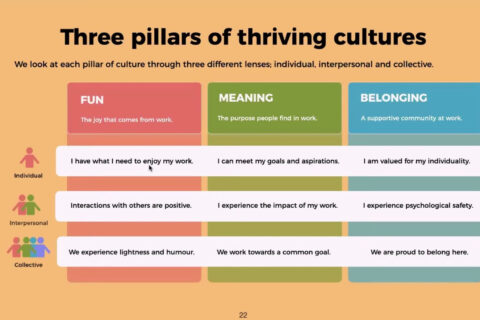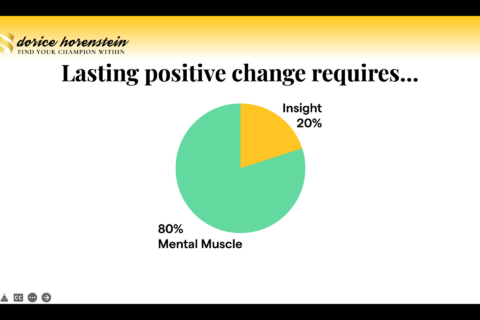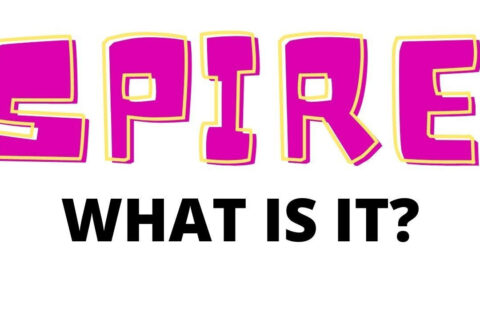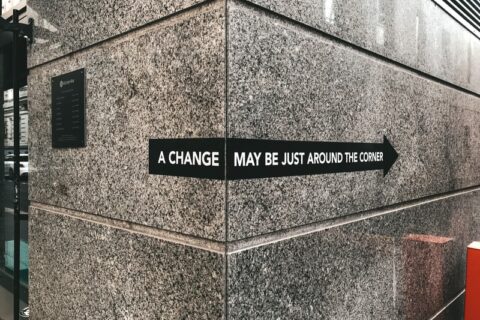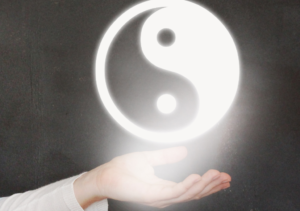
Imagine yourself in the following situation: You have worked for a particular company for some time, maybe years, maybe months. And let’s assume you have accomplished something, does not matter what, during your time—a project, an assignment, customer satisfaction, you name it. How would you feel if no one mentions it? If you get no recognition?
Case in point: I was invited to a Bar Mitzvah ceremony a while back. And I wasn’t sure until the very last minute if I could make it because of a speaking conflict coupled with traveling. But I made it! I was so happy!
The family celebrating was one I worked with for several years as part of our congregation, in my previous job. The boy did marvelously. He was a natural leader of prayers, he was confident and humorous, and he was quite capable of leading us in prayer. I knew he would be fantastic as I worked with him from age 6-11.
And like any fabulous celebration, there was a time for the well-deserved Thank Yous.
The boy thanked his parents and his family and the people from out of town as well as his recent teachers. Truly a lovely tribute. But I was not mentioned. And I felt the pang of disappointment in my heart. A sharp sense of insult.
Following the service a luncheon was held, and as I was walking toward the buffet table the child’s mother saw me. She hugged me and said, “If I knew you would be here, I would’ve made sure my son thanked you.”
I smiled and thanked her. “Your child did marvelously today. You should be so proud.”
And then she repeated, “You have taught my son so much, and if I knew you were here, I would’ve made sure to acknowledged you. My family listens to your voice recordings all the time. In the car and at home. We are so grateful for you.”
And that got me thinking…
Do we acknowledge others only in their presence? What is the difference between being grateful to someone and acknowledging someone? Why do these actions matter?
Let’s start with gratitude and the reason for it. I know so many people, including myself, that have a gratitude journal. We are grateful that we are alive. We’re grateful that we have our health. We’re grateful that we have a roof above our head. We are grateful that we live in safety and comfort. We’re grateful for enjoying the sun. We are grateful that we can function. We are grateful that our business goes well. We’re grateful! Pause here and reflect: What are you grateful for? Looking at the list of gratitude, I realize that gratitude stems from the fact that we are the beneficiary of something. When we speak of gratitude, we speak of a feeling– we feel grateful. We feel good. We feel blessed. Gratitude is about us gaining something, however small, that makes us feel good.
Acknowledgment is different. When we acknowledge, the focus shifts from us to someone else. Acknowledging someone is not about us. Acknowledgment is recognizing someone else’s words, actions, or thoughts that benefited us, that influenced us. Acknowledgement is the behavior that we can exhibit when we feel grateful.
So, do we have to acknowledge someone only in their presence? Can we acknowledge what we have learned from them, what we benefited from them, even when they’re not there?
Of course!
I’ve lived away from my family for over 30 years. My parents have been in Israel, and I am in the United States. Yet, I acknowledge them when I speak on stages, when I talk to my children, my friends, and my colleagues. I acknowledge them for what they have given me. Once when I spoke, someone in the audience conveyed my message to my parents. They called me, and they were so delighted.
Reflect on your acknowledgment practice. Who are the people you acknowledge in your life?
In my education career, and until this day, I acknowledge teachers, colleagues, industry thinkers, for what I have received, even knowledge from people no longer alive. Yet, I feel that it is incumbent upon me to credit them for influencing/helping/supporting me, my life, my students, my clients, my work.
Acknowledgment is a learned behavior that begins with you and doesn’t stop with you. It keeps on going. Gratitude is the yin and acknowledgment is the yang.
The more we grateful, the better we feel, and the more we receive. The more we acknowledge others, the more they will want to continue to influence our lives (especially if they are alive!).
Can gratitude exist without acknowledgment? Yes, it can, but it will be a much narrower vision of what’s possible.
Acknowledgment in an authentic act (not showcasing someone else’s work just to be liked and recognized). It is believing in the worthy contribution from and valuable influence of this individual on you. Acknowledgment of our gratitude makes each one of us a better human being, the giver as well as the receiver.
If you are working on a team, a leader in your industry, or you simply want to bring your potential into reality, here are questions to ponder as you cultivate gratitude and acknowledgment in your team as well as in your life:
- What are you grateful for?
- Can you think of two people you can acknowledge this week? Are they on your team? In your home? How can you recognize the contributions of at least two individuals in your life? Here are a few ideas to get you started: Leave them a voice message; write them a letter; give them a gift; share their work success, their accomplishment (with their permission), giving them the credit the have earned. Show your acknowledgment with an act of service
Gratitude is one part of the equation. Acknowledgment completes the equation. Gratitude puts you in the center. Acknowledgment put others in the center. Gratitude is a feeling. Acknowledgment is a behavior. Both can be learned.
As always,
Be Yourself, Be Positive, Be the Champion you want to see!









